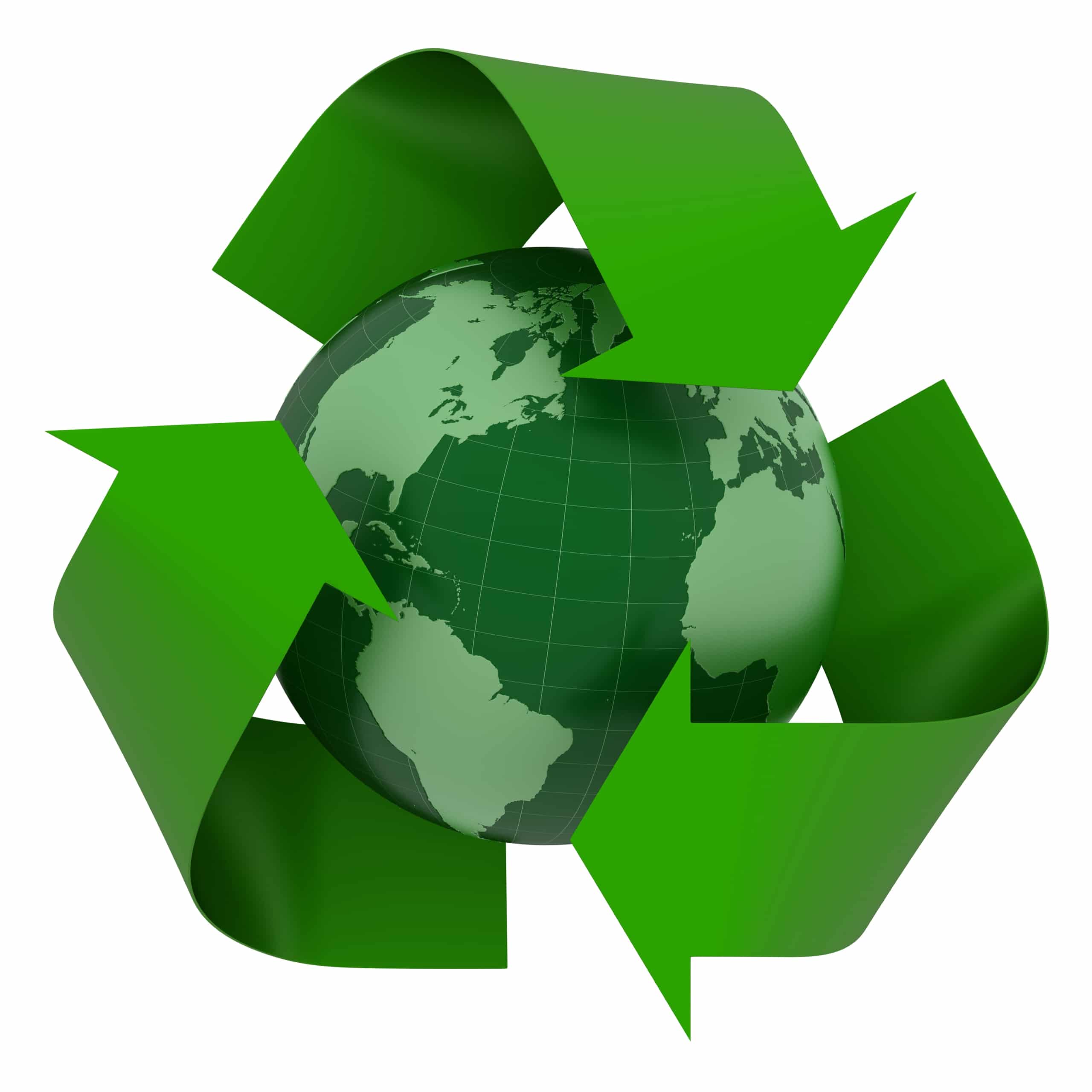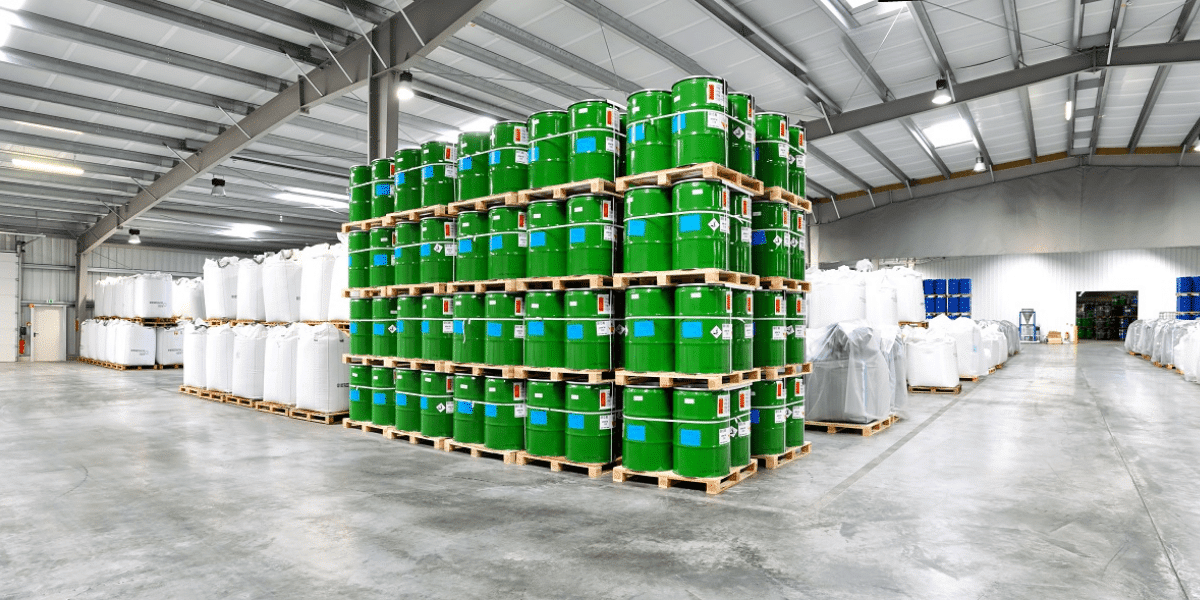The Environmental Protection Agency (EPA) continually adds new chemicals to its list of hazardous air pollutants (HAPs) that was originally released in 1990. Chemicals that make the list have shown negative effects on the environment and/or human health. Consequently, their use is heavily regulated. This is why many companies proactively switch from cleaning solutions whose ingredients the EPA is likely to regulate to cleaners that have a better safety profile.
Choosing the Right Replacements
If your company uses toxic cleaning solutions to support business-critical cleaning processes, choosing replacement cleaners is process that should involve at least six considerations: the type of cleaning processes that are performed, materials that are cleaned, the environment in which materials are cleaned, how much cleaner is used, the form in which cleaner is needed, and the budget for purchasing cleaners. Below, we take a brief look at each consideration.
- Cleaning Processes
Step one is to define your cleaning processes (degreasing, adhesive removal, tar removal, etc.) This is information should be obvious based on the cleaning processes that are in place, but it’s important to relay this information to the new supplier so targeted solutions can be proposed.
- Materials Cleaned
In addition to investing in non HAPs alternatives that synchronize with your cleaning processes, it’s important to select cleaners based on the type of materials you clean. For example, if you need to clean a chromium alloy, then you need a cleaner that doesn’t make chromium oxidize.
- Cleaning Environment
Is the cleaning environment tightly contained, or could cleaner vapors spread to other areas in the general work zone? If the latter is the case, you should choose cleaners whose vapors won’t negatively affect workers and equipment that don’t directly participate in cleaning processes.
- Cleaner Volume
Even among “non-toxic” and “environmentally preferred” cleaners, some cleaning solutions are friendlier to humans and the environment than others. If you use a large volume of cleaner, these issues should be discussed with the supplier before you finalize your first product order.
- Cleaner Form
The form in cleaners are used (e.g., aerosol, liquid, wipes, etc.) can be just as efficacious for cleaning processes as the formulation of cleaners. Choosing new cleaners shouldn’t require you to redefine how cleaning processes are performed. If you find yourself in this position, look for a different supplier that offers “drop-in” solutions that don’t disrupt your cleaning processes.
- Cleaner Budget
Because they often require a more complex formulation than HAP cleaners, non HAPs alternatives frequently cost a bit more than their toxic counterparts. A service-oriented supplier can propose options for mitigating the extra cost, such as bulk orders, alternative cleaner forms, and alternative cleaner concentrations that supply you with undiluted cleaner formulations.
Contact Ecolink Today
At Ecolink, supplying non HAPs alternatives is one of our specialties. As a result of our years of experience in supplying various types of companies and organizations with cutting edge, eco friendly cleaning solutions, we know exactly what the cleaner replacement process entails. That’s why we feel strongly that we’re your best option for acquiring non HAPs alternatives.
To get started on identifying the best non HAPs alternatives for your cleaning processes, give call us today at (800) 563-1305, or use the contact page on our website. We look forward to supplying you with cleaning solutions that are safer for your workers and the environment.















